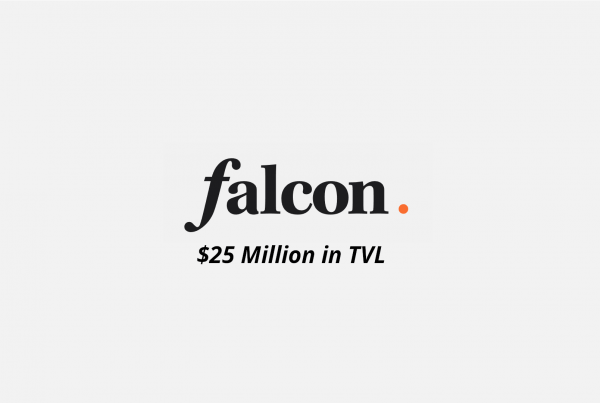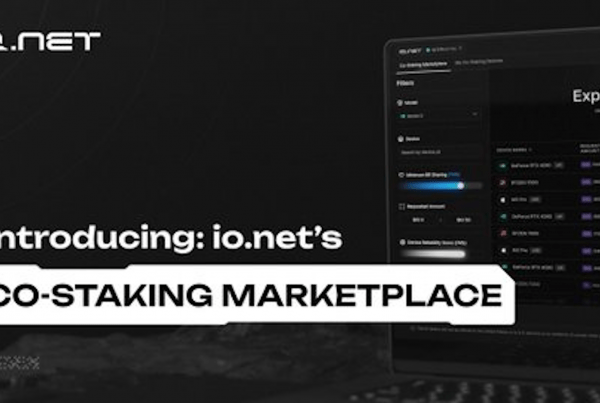Bitcoin led the charge for the peak of cryptocurrency popularity in late 2017 and early 2018. During this time it was near impossible to turn on your TV or scroll through your social media without receiving updates on the rise in Bitcoin’s value, with wild predictions that it would continue to increase in value. Some even claimed it would reach $80 – 100,000 within just a few years.
Most of the hype went away very quickly when the price of Bitcoin dropped around 65% between 6th January and 6th February 2018. The price has recovered slightly since but still sits at around 50% of its peak in mid-December 2017.
Blockchain Technology
Bitcoin and the many other cryptocurrencies that exist today are all built on blockchain technology; a decentralized system for storing information. In the case of cryptocurrencies, blockchain is used to store the public ledger of transactions that allows anyone to check where money is being sent from or to.
It’s not just cryptocurrencies though. The Bitcoin boom spawned many discussions about what other things blockchain technology could do. If you type “How will blockchain technology disrupt the X industry” (replacing X with just about anything you like), you’ll find many articles discussing the various theoretical options.
Outside of banking, some of the most commonly cited industries that would be disrupted are advertising, data storage, voting, real estate, communication, and the internet’s DNS system.
Making Contracts “Smart”
Smart contracts were the justification behind most of the claims. A smart contract is a system that allows for agreements to be made between two or more parties. While traditional paper contracts also allow for this to happen, the “smart” features created by blockchain allow for these agreements to be enforced and verified.
Since the basic principle of a contract can be applied to almost any industry, then smart contracts can theoretically be used for just about anything. This is how supporters of blockchain can list just about any industry as ripe for disruption.
At the beginning of 2020, there are few examples of fully developed smart contracts that can be found at present, with most lists containing examples of startups that are developing concepts.
Blockchain in the iGaming Industry?
Another of the industries that many have listed as a target for “disruption” from blockchain technology is iGaming. There is a good reason for this too. iGaming handles billions of dollars of transactions each year, and customers need to trust the company that they are depositing money with.
However, these problems are already taken care of with existing security and payment technologies, industry regulators, and third-party review services like TrustPilot and Google Reviews.
The iGaming industry has technology at its core too. It began its life during the very early days of the internet, bringing centuries old games into the modern world. It’s continued to innovate ever since, adopting smartphones early on, and is now developing VR technology to create fully immersive games. So, it’s reasonable to assume blockchain technology could be useful to the industry.
One suggestion that has been made, is that blockchain technology could allow for individuals to create their own casino games and then offer them to the market. This could see a lot of creativity, like in the indy video game industry.
While these new peer to peer platforms might allow for new ideas for games to be introduced into the market, a wide variety already exists. For example, most online casinos have dozens of different slots games, including ones based on hit TV shows like Tipping Point and Deal or No Deal.
Cryptocurrency Payments
Perhaps the most obvious use of blockchain technology would be for iGaming companies to accept payments in cryptocurrency. However, at present, almost none of the major players in the industry accept Bitcoin or alternative coins, with the ones that do using third parties like CoinBase so that they can receive the value in a fiat currency.
Is There a Future in iGaming?
While there are theoretical benefits to using blockchain technology in the iGaming industry, most of the problems it can solve are already dealt with by other solutions. Therefore, it is unlikely we will see widespread adoption by leaders in the iGaming industry any time soon.




